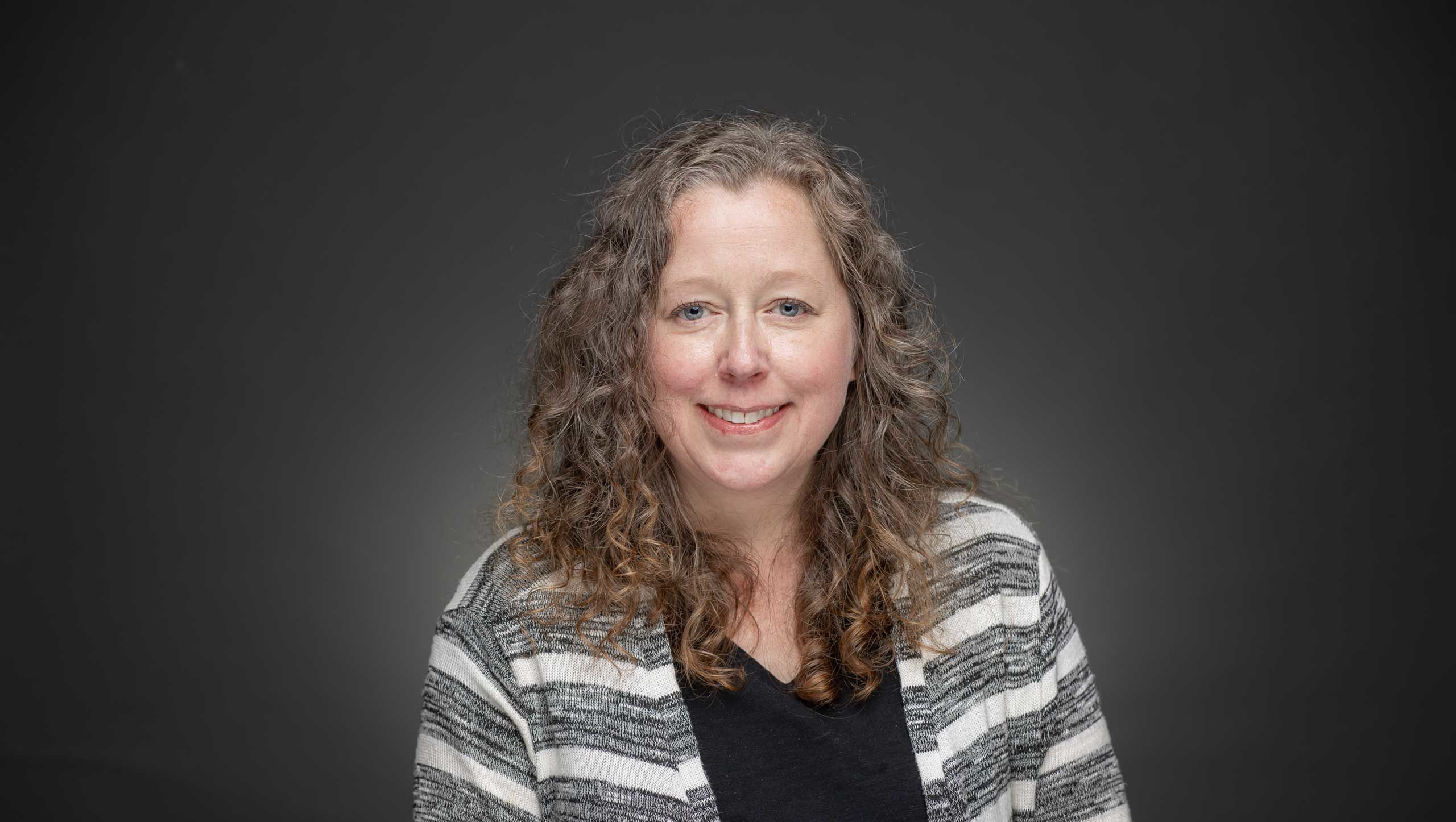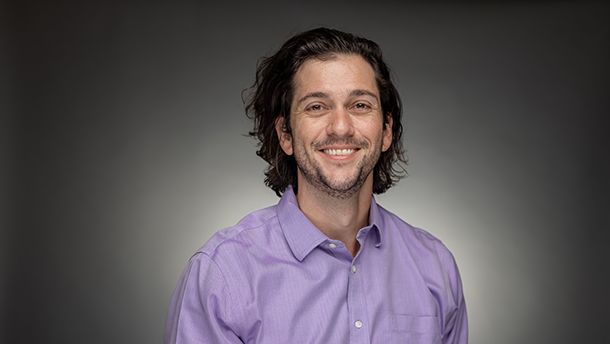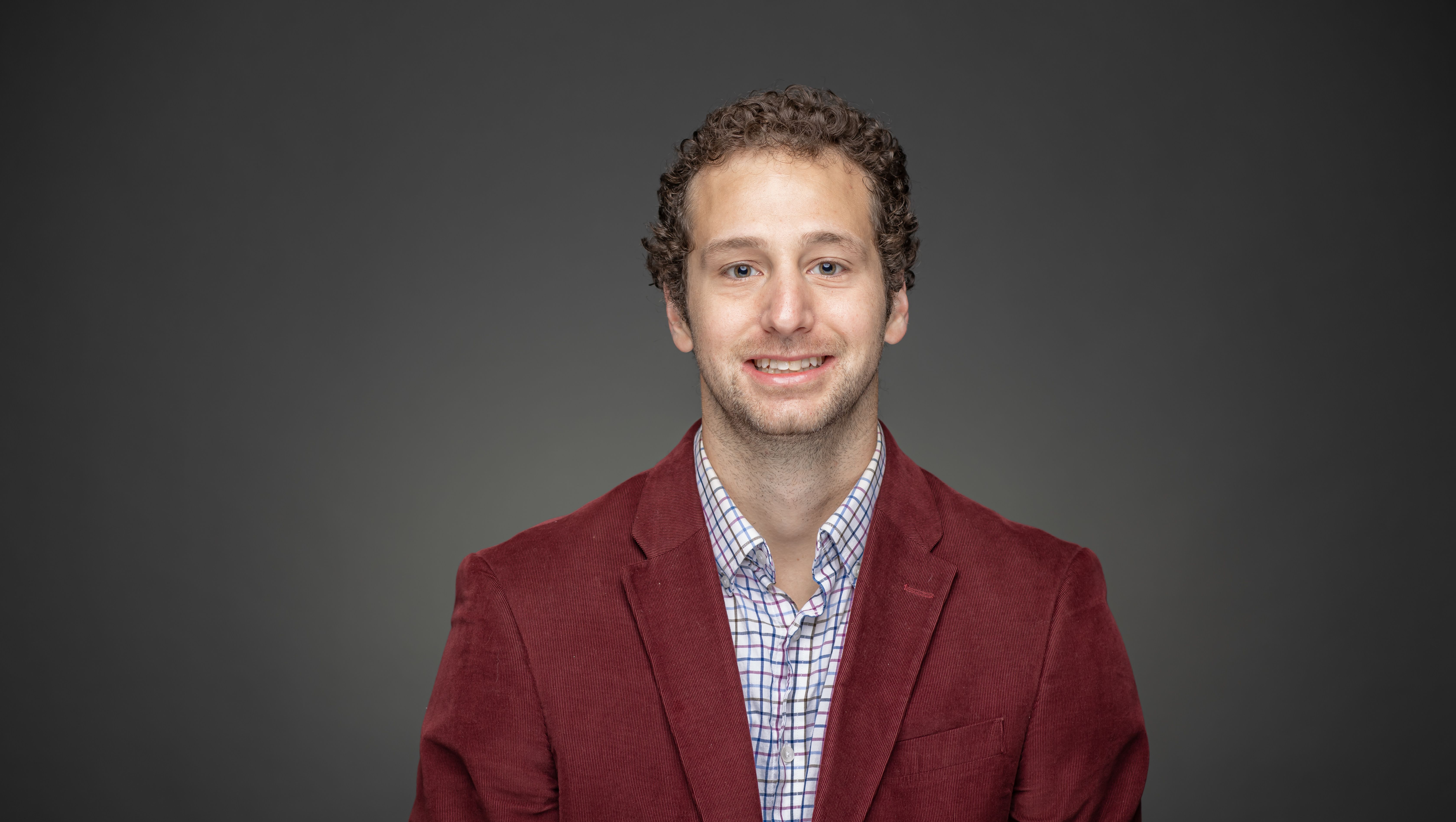
Cognitive Neuroscience
Why minor in Cognitive Neuroscience?
We emphasize the application of physiological methods to the study of psychological processes, but the methods are applied in many other fields, as well. For example, EMG (which is used to measure electrical activity from muscles) is used to measure stress (forehead and shoulders), emotion (facial muscles), muscle atonia in sleep and under anesthesia, and muscle function in athletes and people undergoing therapy. In the case of PET, the principles used to measure brain activity are the same as those used to search for tumors throughout the body.
The Cognitive Neuroscience Laboratory is a great resource, and the knowledge and experience gained by minoring in cognitive neuroscience at CBU may be applied to many areas, including (but not limited to) the following:
- Affective Neuroscience
- Anesthesiology
- Audiology
- Biofeedback
- Biomedical Engineering
- Cognitive Neuroscience
- Forensic Psychology
- Health Psychology
- Marketing (Neuromarketing)
- Neurology
- Neurosurgery
- Physical Therapy
- Psychiatry
- Radiology
- Social Neuroscience
- Speech-Language Pathology
- Sports Medicine
Requirements
View Cognitive Neuroscience Course RequirementsThe minor requires completion of six courses (18 credits):
- PSYC 105 General Psychology
- PSYC 225 Biological Psychology
- PSYC 440 Cognitive Psychology
- PSYC 372 Psychophysiology
- PSYC 470 Cognitive Neuroscience Seminar
Plus one of the following:
- PSYC 218 Human Development
- PSYC 219 Personality
- PSYC 305 Problem Solving and Decision Making
- PSYC 315 Educational Psychology
- PSYC 317 Psychopathology
- PSYC 353 Social Psychology
- PSYC 364 Stereotyping and Prejudice
- PSYC 365 Deviant Behavior
- PSYC 370 Applications of Memory
- PSYC 371 Sensation and Perception
- PSYC 416 Psychology of Persuasion
Courses in General, Biological, and Cognitive Psychology provide a foundation in mental processes and the biological bases of behavior. The elective course allows you to explore a related topic of particular interest to you—thus adding breath to the minor and allowing you to consider applications of cognitive neuroscience methods in that area.
Psychophysiology and the Cognitive Neuroscience Seminar are hands-on courses that provide exposure to many methods of recording biological activity:
- In Psychophysiology, we focus on measures that rely on electrical signals—both direct measures like EEG and ERPs (electrical activity from the brain), and peripheral measures of activity in the skin (EDA) and muscles (EMG), including the heart (EKG). Although peripheral measures do not assess brain activity directly, they are very sensitive to psychological processes. We read and talk about each method, but we also do each method as part of the class. Each Psychophysiology class also conducts an original research project—often resulting in conference presentations and publications.
- The Cognitive Neuroscience Seminar is focused on non-invasive measures of structure and function in the human brain. MRI, CT, fMRI, DTI, MRS, PET, lesion studies, TMS, EEG/ERPs, MEG/ERFs, and optical neuroimaging are all addressed. The course involves reading and presenting about the methods and their uses. In addition, each student in the class writes and presents a research proposal that involves one or more of the methods. Although we generally do not have access to many of these methods, each student will come away with an understanding of the methods and how they are used—and, in particular, a firm understanding of the method(s) that are of most interest to her or him.
In addition to the formal steps to complete the minor, students are strongly encouraged to engage in ongoing cognitive neuroscience research projects. There may also be opportunities for students to develop and conduct their own independent research projects.







